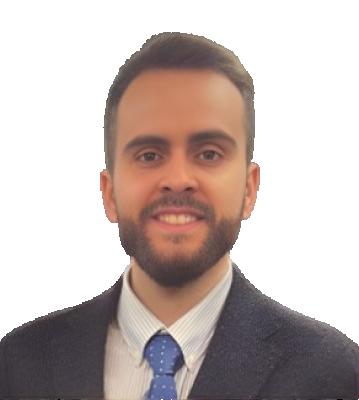Following the statements made by French footballer Kylian Mbappé in the run-up to the last European Championship, where he stated that he was against extremes and ideas that divide, stressing the need to vote in defence of French values, the debate on whether professional footballers should speak out on this type of extra-sporting matters has been reignited. In this article, we will examine whether clubs or federations can prohibit their athletes from speaking out on these issues and the importance of fully respecting the right to freedom of expression.
Full article
Mbappé case: can footballers be banned from speaking out on politics at events organized by their club?
On June 16, just twenty-four hours before the French national team made its debut at the European Championship, the world star Kylian Mbappé spoke about the importance of the electoral process that would take place in the coming weeks in France, following the call for legislative elections by Emmanuel Macron as a result of the landslide victory of Marine Le Pen in the European elections.
«I think we are facing a crucial moment in the history of our country», began the Mbappe’s speech. «We must know how to distinguish things and have a sense of priority, the Euro is important in our career, but we are citizens and I think we should not be disconnected from the world around us and even less so when it concerns our country».
The Frenchman took the opportunity of his press conference to address the French people and especially the younger ones: «we are a generation that can make a difference». Kylian expressed his concern about the situation, stating that «we can clearly see that the extremes are at the gates of power, and we have the opportunity to choose the future of our country».
The now Real Madrid’s player appealed to all young people to vote in defense of French values: «diversity, tolerance and respect», and closed his speech by saying that «Kylian Mbappé is against the extremes, against ideas that divide».
Following the Frenchman's statements, debate over whether professional footballers should speak out on non-sporting matters was reignited. The goalkeeper of the Spanish national team, Unai Simon, said hours later that «Kylian is a player who has a lot of impact in the world and in society, but it is a political issue and sometimes we tend to say too much about certain issues when I do not know if we should say», to conclude that «I think the only thing I should talk about is sports issues and leave political issues to other people and other entities».
FIFA and UEFA's total rejection of mixing soccer with political issues and their desire to keep religion and politics away from the beautiful game is well known. Rule number four of the Laws of the Game of the International Football Association Board establishes in its fifth paragraph that «the equipment must not have any political, religious or personal slogans, statements or images», being strictly forbidden for players to display any kind of message of this nature.
Now, in this sense, could a particular club or federation expressly prohibit its player from expressing an opinion on politics? The answer to the question is clear and concise: soccer players have the same right as any other human being to speak and express themselves and are supported in this respect by international regulations.
.jpg)
Freedom of expression is an essential pillar of democracy and nothing and no one can take this right away from a player because, of course, clubs and federations are not above international law.
At the European level we find the Convention for the Protection of Human Rights and Fundamental Freedoms, which establishes in Article 10 that «everyone has the right to freedom of expression». The right enshrined in this provision «shall include freedom to hold opinions and to receive and impart information and ideas without interference by public authority and regardless of frontiers».
The only restrictions that may be applied to this right must be based on «measures necessary, in a democratic society, for national security, territorial integrity or public safety, for the prevention of disorder or crime, for the protection of health or morals, for the protection of the reputation or rights of others, for preventing the disclosure of information received in confidence, or for maintaining the authority and impartiality of the judiciary».
Article 19 of the Universal Declaration of Human Rights states that: «Everyone has the right to freedom of opinion and expression; this right includes freedom to hold opinions without interference and to seek, receive and impart information and ideas through any media and regardless of frontiers».
In recent years, the European Court of Human Rights has ruled on multiple occasions that there had been a violation of Article 10 of the Convention. The case of Sedat Doğan, a Galatasaray manager, who criticized the decision taken by the Turkish Football Federation to sanction two players who wore a T-shirt in support of Nelson Mandela, and was disciplined for it, is well known. However, the Court considered that his right to freedom of expression had been violated as there had not been «an adequate weighing of the conflicting rights and interests, and it had not been demonstrated that the events had incited or could incite the fans to commit acts of violence».
In short, Kylian Mbappé's statements are fully protected by the Parisian footballer's right to freedom of expression and are being made in a totally respectful manner. No club, federation or national body can prevent the athlete from expressing himself freely on a highly topical political issue that would undoubtedly mark the future of his nation.
Comments
Related links
Main menu












